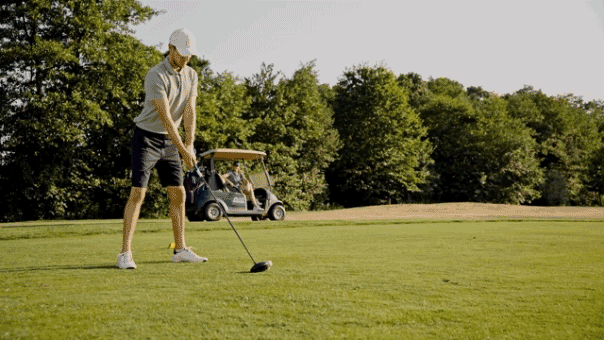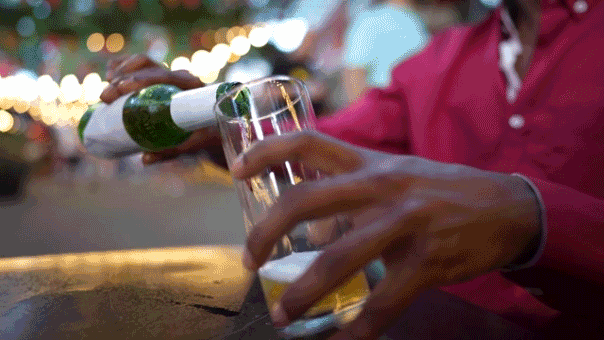White House Coronavirus Task Force considers 'pool testing' as US faces surge in COVID-19 cases
U.S. sets single-day record for new coronavirus cases; insight from Fox News medical contributor Dr. Marc Siegel.
Younger Americans are making up a larger proportion of new coronavirus infections as cases of the virus spike in the South and West, experts say.
America recorded another record spike in cases, counting more than 45,000 new cases on Friday, bringing the total number of cases to more than 2.4 million. Florida, Texas, California and Arizona accounted for nearly half of the new cases.
Florida alone reported nearly 9,000 new cases, while Texas and California exceeded 5,000 new cases each.
The majority of the new cases are younger patients. Whereas patients aged 50 or older made up nearly 70 percent of cases in early April, around 57 percent of recent patients are aged 18-49, according to the CDC.
CLICK HERE FOR FULL CORONAVIRUS COVERAGE
Arizona reported that nearly 60 percent of its 66,000 confirmed cases have been younger than 45 years old.
Phoenix resident Jimmy Flores, 30, spent a night out drinking with friends in a nightclub. A week later, he felt sick and was admitted to hospital after testing positive for COVID-19, the Wall Street Journal reported.
“I’m a young, active, healthy person with no previous conditions,” Flores said. “I didn’t take it seriously for myself. I was not practicing the social-distancing guidelines. I didn’t wear a mask. I thought I was invincible.”
Patrick Ptak, a spokesman for Arizona Gov. Doug Ducey, said the state is making efforts to target young people and encourage mitigation techniques, such as mask wearing.
FAUCI PLEADS WITH YOUNG AMERICANS: 'BE PART OF THE SOLUTION' NOT 'PART OF THE PROBLEM'
Texas Gov. Greg Abbott and Florida Gov. Ron DeSantis have both taken measures to close bars or ban drinking to discourage people from going out as both states noted a trend of younger people catching the virus. Texas also reduced restaurant capacity to 50 percent as ICU beds continue to fill up.
Health officials have made it clear that people in older groups are more likely to suffer severe symptoms from the virus. But while young people are less likely to be symptomatic or die, they can still transfer the virus to other people.
TEXAS CITY BALKS AT COUNTY'S CORONAVIRUS MANDATES, SAYS IT WON'T ENFORCE IT
"If you get infected, you will infect someone else,” Dr. Anthony Fauci said Friday specifically speaking to people under the age of 40, during the first White House Task Force press briefing on the coronavirus since late April. “A risk for you is not just isolated for you. You are innocently and inadvertently propagating the process of a pandemic.”
Experts expected cases to increase as lockdowns ended, largely due to changing behaviors. Epidemiologists also theorize that increased testing is likely responsible for part of the data shift toward younger people, with doctors testing more mild and asymptomatic patients nationwide than they did in the early phase of the pandemic, the Journal reported.
Health experts note that despite the higher number of cases in younger patients, the number of deaths might not see a similar shift: younger people are more likely to have better outcomes from infection. The average age of people in Arizona who were infected fell from 48 in March to 39 in June, according to an analysis of state data by the University of Arizona’s Dr. Gerald. The average age of Covid-19 deaths rose from 62 to 69.
CLICK HERE TO GET THE FOX NEWS APP
"There’s a bit of a false narrative out there that because you’re young, you’re OK if you get infected,” Dr. McDeavitt told the Journal. “We see people in their 20s and 30s in our ICUs gasping for air because they have Covid-19.”
Besides restaurants and bars, people have gathered en masse on streets nationwide for protests surrounding the death of George Floyd. News reports indicate, however, that the protests didn't drive a significant increase in cases. Health officials in Oregon and the San Francisco Bay area have reportedly discounted a link between the two.
Authors from a National Bureau of Economics study similarly concluded: "[W]e find no evidence that urban protests reignited COVID-19 case growth during the more than three weeks following protest onset."
University of Denver economist Andrew Friedson, who authored the study, speculated that the protests could have had a limited impact since they took place outdoors. “It could be the fact that these events were outdoors. It could be that [protestors] are wearing masks. It could be the fact that these events are being driven by young people, and young people are much less likely to be symptomatic," he reportedly said.
Fox News' Sam Dorman contributed to this report.







































